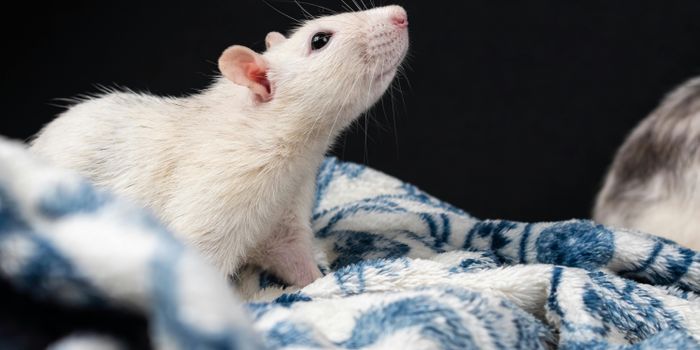Gene Mutation Identified that Protects Agaist Dementia
For over two decades, researchers have been studying an extended family of over 1,200 people from Columbia known for having a rare genetic mutation that leads to the early onset of Alzheimer’s Disease. With early signs of the disease typically appearing in their 40’s, one woman from this family, now 73, has baffled scientists by so far having shown no signs of the condition.
Although researchers have found that she suffers from mild cognitive impairment, diagnostic tests have revealed that she does not have Alzheimer’s- or any other signs of dementia. This comes despite tests showing that she has unusually high levels of amyloid beta in her a brain- a build-up of sticky protein typically thought to cause Alzheimer’s- and her high genetic risk factor for the disease (Gander: 2019).
Conducting a genetic analysis, researchers found that she had two copies of a rare variant of the APOE3 gene, a gene that encodes for apolipoprotein E, a protein involved in the metabolism of fats in the body. Although this gene typically has no effect on a person’s risk for Alzheimer’s, in her case, researchers proposed that her rare mutation may have prevented the tau protein, also linked to Alzheimer’s, from building up in her brain (Gallagher: 2019).
With previous drugs targeting amyloid plaques to treat Alzheimer’s having limited efficacy, these findings suggest two things: firstly, that the buildup of tau protein may have more of a role in the onset of Alzheimer’s than previously thought, and that drugs targeting APOE genes may have more utility than previously believed.
According to Eric Reiman, a neuroscientist at the Banner Alzheimer’s Institute in Phoenix, “When it comes to finding a treatment that could have a profound impact on the disease, APOE may be among the lowest hanging fruit (Servick: 2019).”
Fiona Carragher, chief policy and research officer at the Alzheimer’s Society charity added, “This breakthrough opens up a new and promising avenue of Alzheimer's research, although further studies with larger numbers are needed...We need to understand more about how this protective gene mutation is working to make the brain more resilient to amyloid plaques, but the hope is that this exciting scientific advance could lead to new treatments and take us a step closer towards a cure for dementia (ibid.)."
Sources
Gander: Kashmira: Newsweek
Gallagher, Paul: inews
Servick, Kelly: Science Mag









